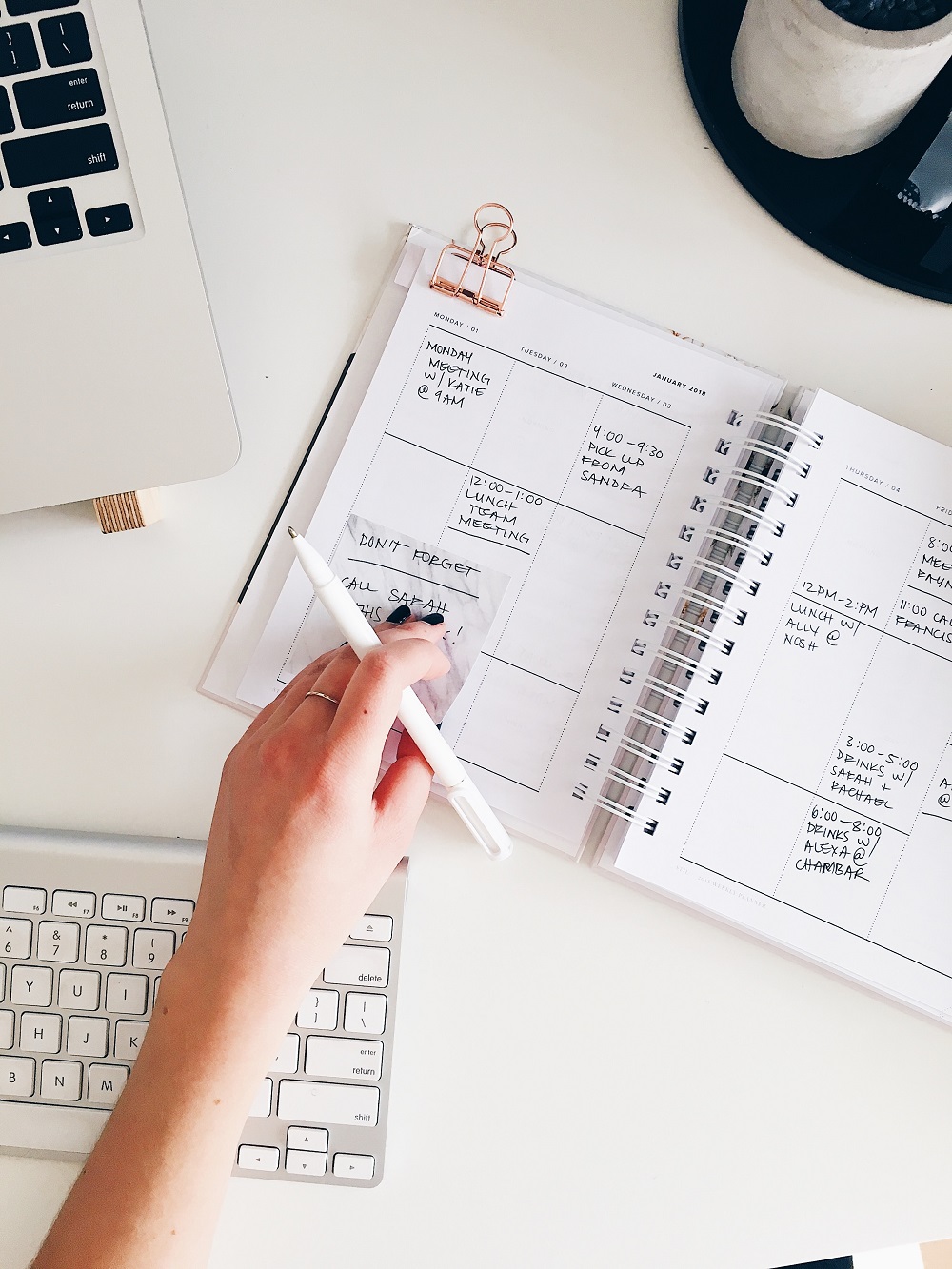8 Tips for Premenstrual Syndrome
The topic of "women's health" is becoming increasingly important in all areas of medicine. Modern medicine also recognises that health and therapy in women depend on different factors than in men.
Influences on hormonal balance
The hormonal situation in women is constantly changing due to the monthly cycle. Hormonal fluctuations are often accompanied by strong physical and emotional changes. The constant change in hormonal composition makes women more vulnerable to various influences that can affect health and well-being. These include stress, night work, diet, physical activity and much more.
PMS (premenstrual syndrome) affects a great many women
One of the most common symptoms in women that we treat in our practice is PMS (premenstrual syndrome). Typical of PMS are changes in well-being that can begin about a week before the start of menstruation. The most common PMS symptoms include mood swings, swelling and pain in the breasts, headaches, cravings or loss of appetite, fatigue, sleep disturbances, back and abdominal pain, often radiating into the thighs. For many women, these complaints end with the onset of menstruation, but often the PMS symptoms pass directly into menstrual cramps.
PMS is Vata imbalance
These are all symptoms of imbalance of the doshas, which can be well balanced with Ayurvedic methods.
From the point of view of Ayurvedic medicine, it is an imbalance of Vata. All processes related to the cycle are controlled by "Prana Vata" (head) and manifest in the area of "Apana Vata" (abdomen).
Prana Vata is located in the head and controls thinking, feeling, bio-rhythms and hormonal processes. Stress and changes in the day-night rhythm have a strong influence on Prana Vata and the body functions that depend on it.
Apana Vata is located in the abdomen and controls all excretory processes. This includes defecation, urination, menstruation and birth. Apana Vata is strongly influenced by Prana Vata. Stress, tension and irregularity lead to changes in Prana Vata, which directly affect Apana Vata. The function of Apana Vata is "letting go". Stress and changes in bio-rhythms often prevent this letting go process from succeeding.
Different variations of PMS
Depending on the predominant dosha in the constitution, different symptoms of PMS occur.
Vata dominance: tension, anxiety, mood swings, sleep interruptions, back pain and constipation.
Pitta dominance: irritability and anger, ravenous appetite, headaches, internal heat and sweating, diarrhoea and acne
Kapha dominance: weight gain and water retention in skin and tissues, enlargement and tension of the breasts, distended abdomen
General measures
- Reduce stress
Stress is one of the main factors for imbalance of the doshas. General measures such as sufficient sleep and regularity, reducing workload, relaxation and (Transcendental) Meditation work both preventively and in acute situations. - Have your hormones and vital substances checked
PMS symptoms are often caused by an imbalance of hormones or a lack of vital substances. A hormone check from the blood (ideally one week before the onset of bleeding) and a check of the vital substances in the whole blood will reveal possible deficiencies. The result of the blood test is the basis for a targeted vital substance therapy. - Detox - best 3 times a year
Our herbal detox has been done by thousands of women in the meantime. It is always astonishing how much PMS and cycle irregularities decrease as a result and remain symptom-free for a long time after the cure. - Sufficient exercise - moderate and regular
Exercise is important for balanced hormones. It is crucial that the exercise is moderate and aerobic. This means that the sports used are not too strenuous and are done in such a way that nasal breathing is possible during the entire exercise session. Shortly before and during menstruation, you should avoid exposure to cold (swimming!). - Regularity - in all areas
Regularity is of great importance for the hormone balance. The formation of hormones is influenced by all everyday activities. Irregular daily routines, meals, night duties etc. easily bring irregularity into hormonal processes. When hormones are not properly coordinated with each other, PMS, menstrual cramps and cycle irregularities occur. - Warm meals
The abdominal organs are located in the so-called "Vatasthan", the place of origin of all Vata activities in the body. Vata is disturbed by cold as much as by irregularity. Cold, uncooked food, especially on the days before and during menstruation, increases Vata and leads to aggravation of the symptoms. - Take vital substances
Important vital substances to alleviate PMS and menstrual cramps include magnesium magnesium and vitamin B6. Magnesium relaxes nerves and muscles, vitamin B6 supports hormonal balance.
Attention: our new product "Energy Plus" will be available from 1 June. Due to its content of vitamin B6, Ashwagandha and Shatavari it is especially suitable for the nutritive balancing of PMS and cycle disorders.
- Oil massage
One of the most important Ayurvedic applications for balancing Vata is oil massage. Do oil applications at home as often as possible. It is not absolutely necessary to always do a full body oil massage. Partial applications are sufficient!
The following suggestion: Every morning, put one drop of oil (Vata oil, MP16 or Kshirabala oil) into each nostril and pull the oil up the nose a little. Then massage a few drops of the same oil on the lower back and lower abdomen in a circular motion. Allow the oil to soak in for a few minutes before showering or wiping over with a warm, damp cloth.
Summary
PMS is one of the most common female disorders. Too much Vata, caused by stress and irregularities in daily life, aggravates the typical PMS symptoms. 8 recommendations that are easy to apply can help you overcome PMS for good.


We look forward to your feedback!